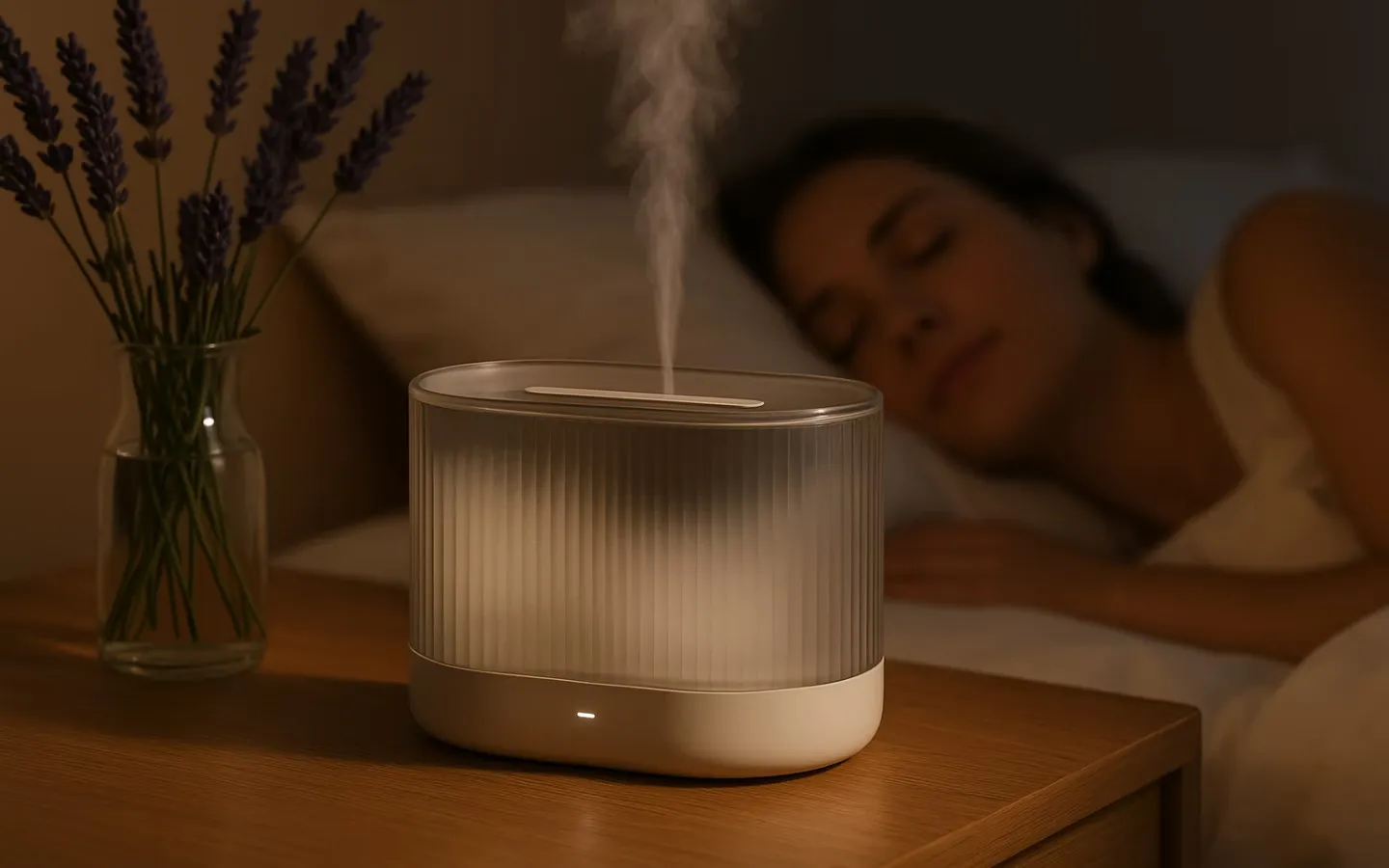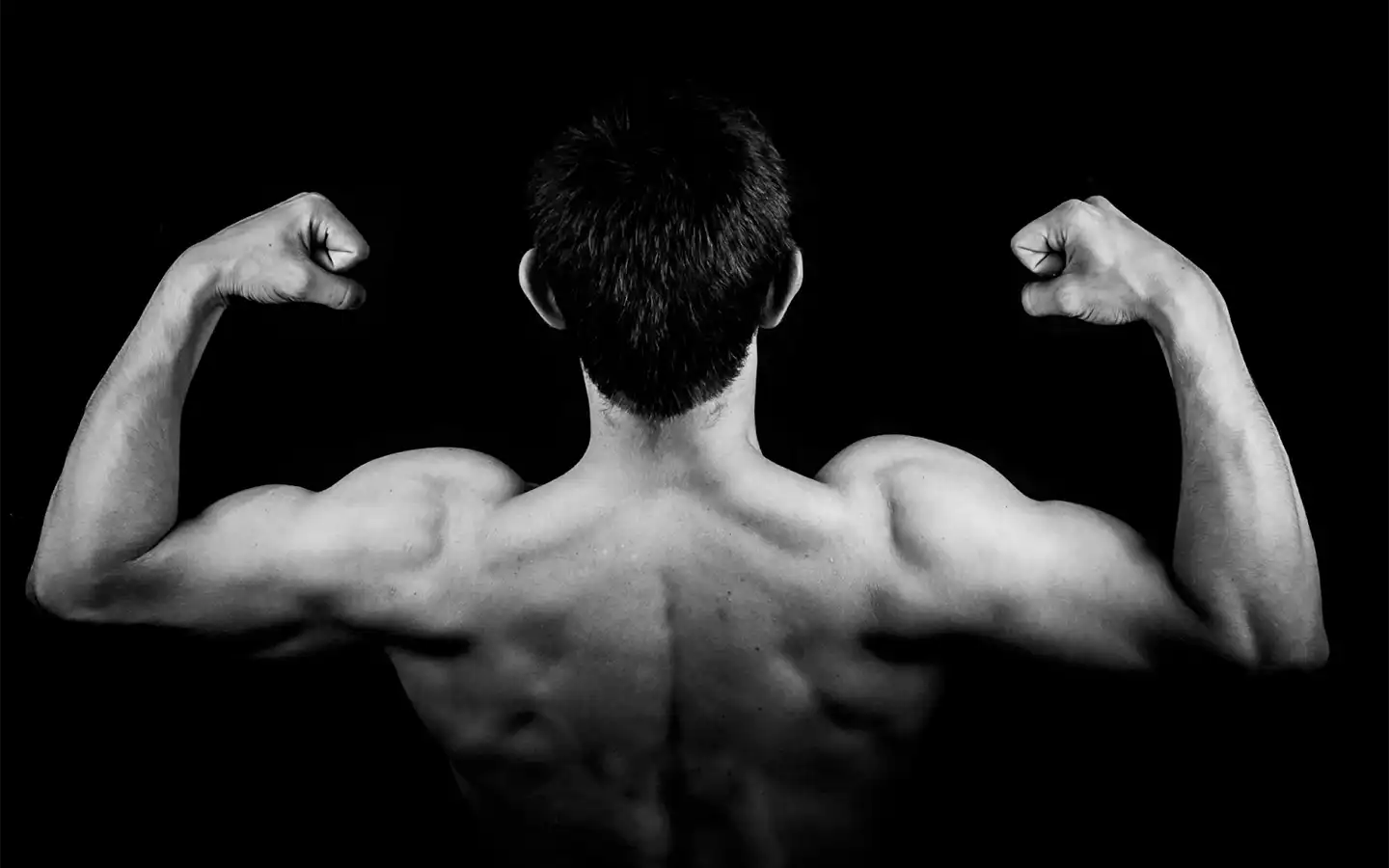August 17, 2025
12 Insomnia Tips To Help You Sleep Better Starting Tonight
Insomnia is one of the most common sleep disorders.
About one in three adults report having trouble falling asleep, waking up during the night, or waking too early and not being able to get back to sleep. Roughly 10% meet the criteria for chronic insomnia disorder, characterized by sleeping difficulties at least three nights per week for three months or longer. Short-term insomnia, on the other hand, lasts for less than 3 months and affects about 10 to 15% of adults.
Sleep deficiency can cause you to feel tired and disoriented during the day. A single night of poor sleep can throw off your energy, focus, and ability to deal with stress and emotions.
There are structured treatments like CBT-I or short-term use of sleep medication that can help in more severe cases. But if you’re looking for simple, practical things you can try on your own at home, the following insomnia tips are a good place to start—and most of them are free.
You don’t have to follow everything at once. Start with a few things that look simple enough to follow and go from there.
1. Get Sunlight and Movement In The Morning
Exposure to sunlight in the morning sets your internal clock for the rest of the day. Within the first hour after waking, step outside for at least 15 to 30 minutes, and even better, combine it with some kind of movement for best results. You can take a walk, do your workout, or even stretch on your balcony if that’s all you can afford to do.
Even if it sounds too simple, getting sunlight in your eyes and moving your body after waking is one of the most powerful ways to regulate sleep and suppress leftover melatonin.
2. Cut Caffeine by Early Afternoon
Nobody’s saying quit coffee or tea. But did you know that caffeine stays active in your system for six to eight hours? If you’re having trouble falling asleep or staying asleep (and you don’t want to give up caffeine) then you should at least be mindful about when you drink your last cup for the day.
Many people see improvements in their sleep quality just by cutting caffeine after lunch.
3. Avoid Alcohol Before Bed
Some people have a drink before bed because it helps them relax, but the truth is, alcohol affects your sleep architecture, and not in a good way. It might help you fall asleep faster, but it tends to keep you in lighter stages of sleep which means you won’t get much REM. It also increases the chances of waking up during the night, causing sleep fragmentation.
So if you are trying to improve your sleep quality but still want to enjoy an occasional glass of wine in the afternoon, then try having it at least three to four hours before going to sleep.

4. Reduce Liquids Altogether In The Evening
Frequent bathroom trips are one of the most common sleep disruptions. You might fall back asleep quickly, but those interruptions still pull you out of deeper stages. Try to limit your fluid intake after dinner (including water) to avoid unnecessary wakeups.
5. Stop Eating Two Hours Before Bedtime
Digestion is an active process, and when your body is digesting, it’s not fully resting. Heavy or late meals can also lead to reflux or blood sugar swings that wake you up. For these reasons, finish your last full meal at least two hours before bed. If you feel genuinely hungry later, you can eat something light and easy to digest. A small banana, plain yogurt, or a handful of almonds are often good choices.
What about using supplements? This could be a tip on its own but we had to cover this in more detail in our blog post about supplements for sleep, like melatonin, GABA, and magnesium.
6. Minimize Screen Time and Blue Light After Dark
Blue light tells your brain that it’s still daytime. Exposure to it after sunset suppresses melatonin and delays sleep onset. About 60 to 90 minutes before bed, lower the lights in your home and step away from screens if possible. If you must use your phone or computer, it’s best to switch them to night mode or wear blue-light-blocking glasses.
You can try free apps like f.lux to reduce blue light, which not only helps with sleep, but also helps you avoid straining your eyes. If you don’t like using third-party software, most smartphones and tablets already come with built-in night vision settings that can be enabled to reduce exposure.
In general, you should stay away from bright lights in the bathroom or bedroom right before sleep.
Instead, use a red light bulb or a small lamp with a warm bulb as you wind down. Red light has the least effect on melatonin, which is why it’s ideal for when you want to sleep.
7. Take a Shower Before Bed
Taking a shower before bed is not just good hygiene. A warm shower helps your core temperature drop after you step out, which promotes sleepiness.
For some people, a cold shower works better, especially if they tend to overheat at night. The key is not the temperature itself, but the fact that it helps your body transition from alertness to rest. So, take a shower to not only be clean and smell nice, but also to help you unwind more easily.
[CTA_INSERT]
8. Keep Your Bedroom Cool and Dark
The idea is your bedroom should support sleep, not compete with it. Keep the room cool, dark, and quiet. Try to keep the temperature between 16 and 19°C (60 to 67°F) for better, more stable sleep.
Light can keep you from sleeping, even if you’re not fully aware of it. This includes streetlight glow, LED indicators, or the brightness of a digital clock. Use blackout curtains, cover small electronics, and turn your clock away from your face. Red light is better than blue or green, so if you need a nightlight, choose one designed for sleep.
If possible, remove any distractions or work-related things so your brain associates the room only with rest. Keep it clean and well-ventilated. We have a full blog post about this and what else needs to be done to create an ideal bedroom environment for sleep.
9. Block Noise
Your brain continues to process sound during sleep, and even if a sound doesn’t fully wake you, it can pull you into lighter stages without your awareness. Earplugs can help prevent this. They’re inexpensive, easy to try, and often effective within a few nights once you get used to the sensation.
If earplugs aren’t for you, a white or pink noise machine can help create a more consistent sound environment that helps with sleep. White noise includes all frequencies evenly, while pink noise focuses more on lower frequencies, which some people find more soothing.
Sleep buds are also great for blocking random noise. Those of higher quality aren’t cheap, but they are well worth it—we even recommend one brand on our best sleep products list.
10. Go to Bed at the Same Time Every Night
If your bedtime changes from night to night, your internal clock stays out of sync. Try to go to bed within the same 30-minute window every night, including weekends. Sticking to a consistent schedule helps regulate your circadian rhythm, which makes it easier to feel sleepy at the right time and fall asleep more naturally.
It also helps to create a short routine you follow before bed. This could include light stretching, listening to calming music, or writing in a journal. Whatever helps you wind down, keep it simple and repeat it in the same order each night. Over time, your body starts to associate those actions with sleep and begins shifting into rest mode more easily.
When both your bedtime and your routine stay consistent, your circadian rhythm stabilizes and your brain begins releasing melatonin around the same time each night—making it easier to fall asleep and stay asleep.

11. Try Box Breathing
If your thoughts are racing when you get into bed, box breathing gives your brain something else to focus on. To do this technique, breathe in for four counts, hold for four, exhale for four, hold for four. Repeat until you start to feel your body let go of tension.
You can learn other breathing exercises to have in your arsenal, so you can look up “military breathing technique for sleep”, or “breathing technique for sleeping 4 7 8” on Youtube, or anywhere else you might dwell. These are great for relaxing and falling asleep fast!
12. Try Real-Time Scent Therapy with Kimba
There are nights when nothing works. You’ve followed the routine, cut caffeine, stayed off your phone, dimmed the lights, and still your body won’t settle. You feel tired but can’t fall asleep. That usually means your nervous system is still in alert mode, and habits alone aren’t enough to shift it.
Kimba is designed for these moments.
It’s a personal limbic therapy system that uses scent to calm the nervous system based on real-time data. The Kimba device is a high-quality ultrasonic diffuser that connects to your wearable and monitors signals like heart rate, sleep stages, and movement. When your body shows signs of tension or restlessness, Kimba responds by releasing precise, short bursts of scent that are formulated to promote relaxation and deeper rest.
The scent blends are 100% natural and clinically tested. Each one is designed to engage the limbic system, the part of the brain that helps regulate emotional responses and sleep readiness. Because scent travels directly to this part of the brain, the effect is fast and doesn’t rely on sedation.
Kimba also avoids olfactory habituation by adapting scent delivery based on your body's needs. It only activates when necessary, and works quietly in the background without interrupting your environment.
Wearable integration allows you to track changes in your sleep quality over time. Many users see improvements in sleep scores, HRV, and recovery markers after consistent use.
If sleep still feels out of reach no matter what you try, Kimba offers a different kind of support. One that works with your nervous system instead of against it.
Join the waitlist to get early access when Kimba becomes available!

Key Takeaway
Improving your sleep doesn’t have to mean overhauling your life. It starts with doing less of what disrupts your body and more of what supports it. These tips can help create better conditions for rest, even if sleep has been difficult for a long time.
Pick one or two insomnia tips to start with, and see what helps you most.
And if you are interested in smelling your way to better sleep, see what Kimba can do for your nights.


Continue reading

How High Training Load Can Disrupt Sleep Quality

The Link Between Poor Sleep and Muscle Recovery


